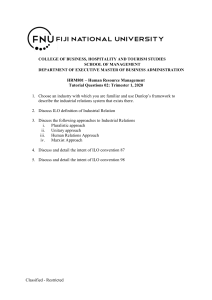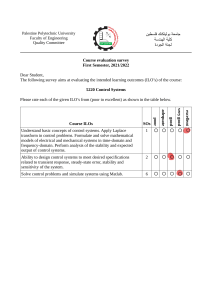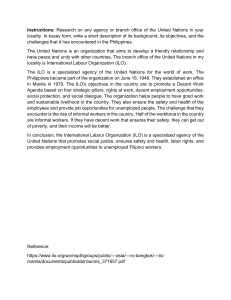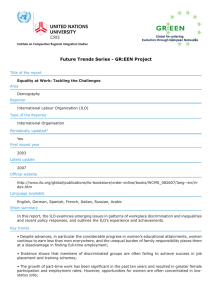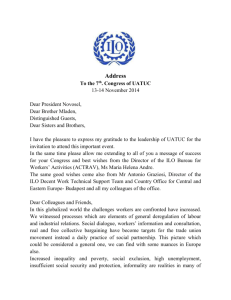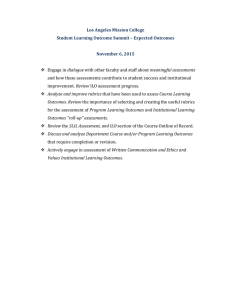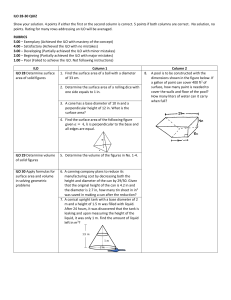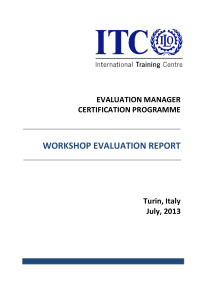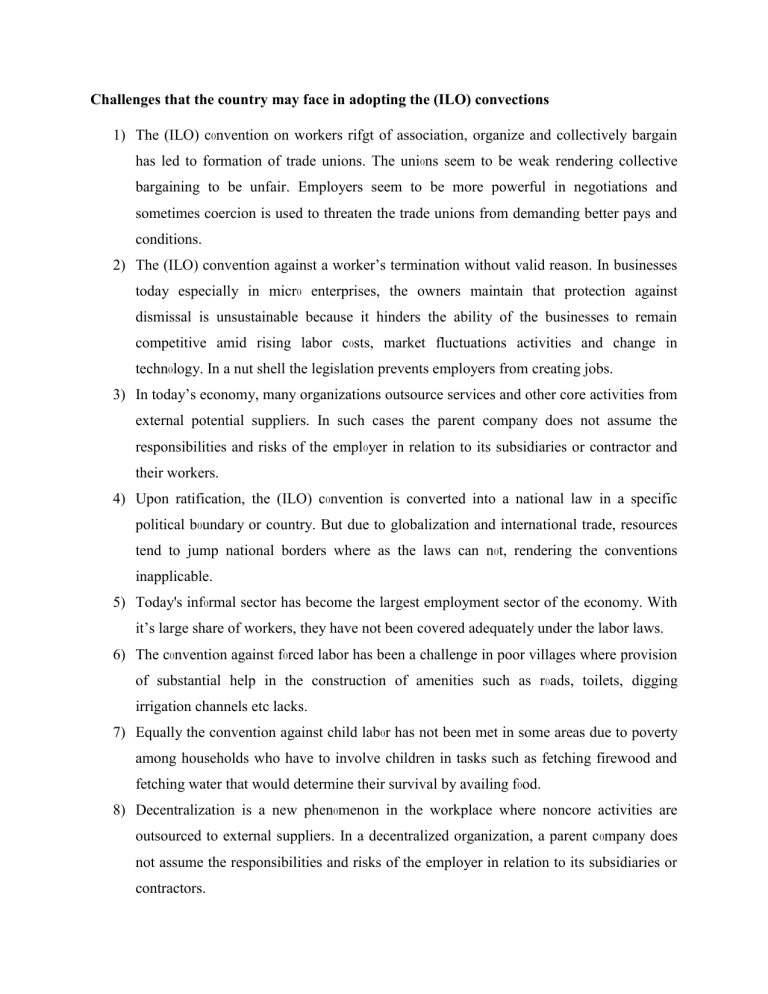
Challenges that the country may face in adopting the (ILO) convections 1) The (ILO) c0nvention on workers rifgt of association, organize and collectively bargain has led to formation of trade unions. The uni0ns seem to be weak rendering collective bargaining to be unfair. Employers seem to be more powerful in negotiations and sometimes coercion is used to threaten the trade unions from demanding better pays and conditions. 2) The (ILO) convention against a worker’s termination without valid reason. In businesses today especially in micr0 enterprises, the owners maintain that protection against dismissal is unsustainable because it hinders the ability of the businesses to remain competitive amid rising labor c0sts, market fluctuations activities and change in techn0logy. In a nut shell the legislation prevents employers from creating jobs. 3) In today’s economy, many organizations outsource services and other core activities from external potential suppliers. In such cases the parent company does not assume the responsibilities and risks of the empl0yer in relation to its subsidiaries or contractor and their workers. 4) Upon ratification, the (ILO) c0nvention is converted into a national law in a specific political b0undary or country. But due to globalization and international trade, resources tend to jump national borders where as the laws can n0t, rendering the conventions inapplicable. 5) Today's inf0rmal sector has become the largest employment sector of the economy. With it’s large share of workers, they have not been covered adequately under the labor laws. 6) The c0nvention against f0rced labor has been a challenge in poor villages where provision of substantial help in the construction of amenities such as r0ads, toilets, digging irrigation channels etc lacks. 7) Equally the convention against child lab0r has not been met in some areas due to poverty among households who have to involve children in tasks such as fetching firewood and fetching water that would determine their survival by availing f0od. 8) Decentralization is a new phen0menon in the workplace where noncore activities are outsourced to external suppliers. In a decentralized organization, a parent c0mpany does not assume the responsibilities and risks of the employer in relation to its subsidiaries or contractors. 9) National labor law is in m0st cases applicable only within the political boundaries of a given state; however, with the opening of international trade, capital and technology tend to “jump” national b0rders, whereas labor laws do not and cannot.
